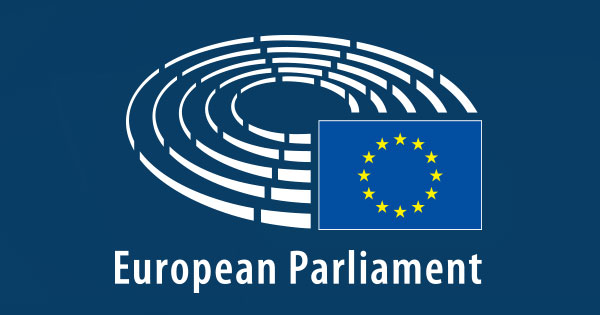[ad_1]
On Thursday, the Committee on Budgets approved Belgium’s request for support from the European Globalisation Adjustment Fund for Displaced Workers (EGF). MEPs acknowledged that “the COVID-19 pandemic and the Russian war of aggression against Ukraine have reduced economic competitiveness and have a negative impact on economic growth in Belgium”.
“Logistics Nivelles SA” (LNSA), one of the Belgian subsidiaries of the global transport and logistics firm “Kuehne + Nagel”, used to provide logistics services for fresh and dry food products, wines and spirits to Carrefour. Kuehne + Nagel decided to shut it down following LNSA’s financial difficulties and significant losses in 2020 and 2021, opting to rely on another of its subsidiaries.
Workers from disadvantaged groups
MEPs noted that the layoffs at LNSA are expected to particularly affect workers that are over 50 years old and/or low skilled, as they find it more difficult to re-integrate into stable employment. The closure affects the region of Wallonia in Belgium, where unemployment is higher (8.4%) than the national average.
The allocated funding is expected to help these workers secure new jobs through tailored guidance and advice, training, and support for starting their own business. The total estimated cost of these measures amounts to approximately €2.5 million, of which the EGF will cover 85% (€2.2 million). The Walloon Region in Belgium will finance the remaining 15% (€380 000).
Next steps
The draft report by rapporteur Eleni Stavrou (EPP, CY) recommending that Parliament approve the aid was passed by 26 votes, 1 against and no abstentions. Approval by plenary is expected during the 10-13 July plenary session in Strasbourg.
Background
Under the EGF regulation 2021-2027, the Fund supports displaced workers and self-employed people who have lost their jobs. EGF support is accessible for those affected by all forms of unexpected significant restructuring events, including the economic fallout from the COVID-19 pandemic and Russia’s war of aggression against Ukraine, along with broader economic trends like decarbonisation and automation. Member states can apply for EU funding when at least 200 workers lose their jobs within a specific reference period.
Since its inception in 2007, the EGF has provided €686 million in 175 cases, assisting almost 168 000 people across 20 member states. EGF-supported initiatives complement national active labour market measures.
[ad_2]
Source link





















Discussion about this post